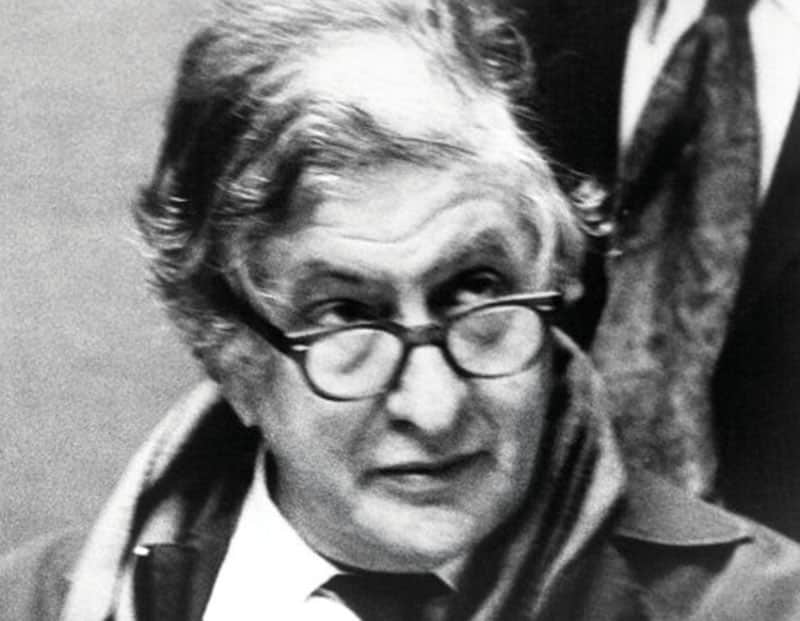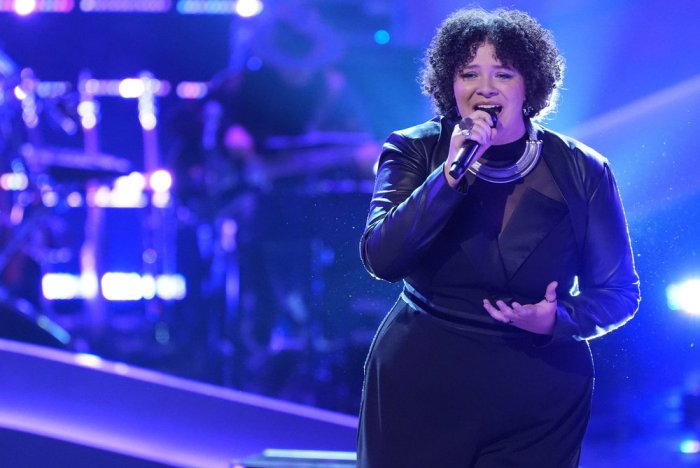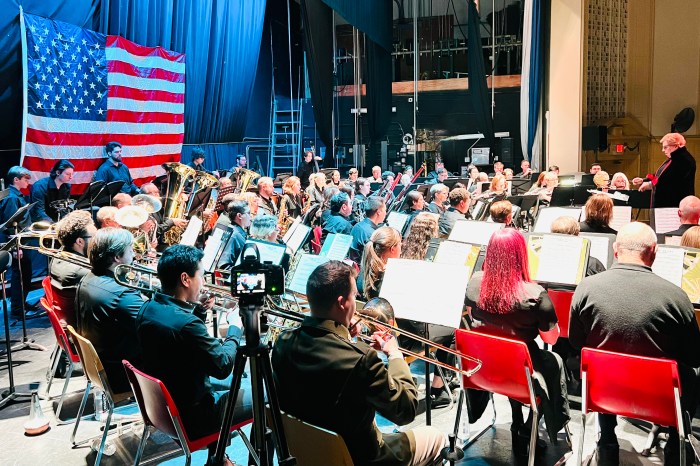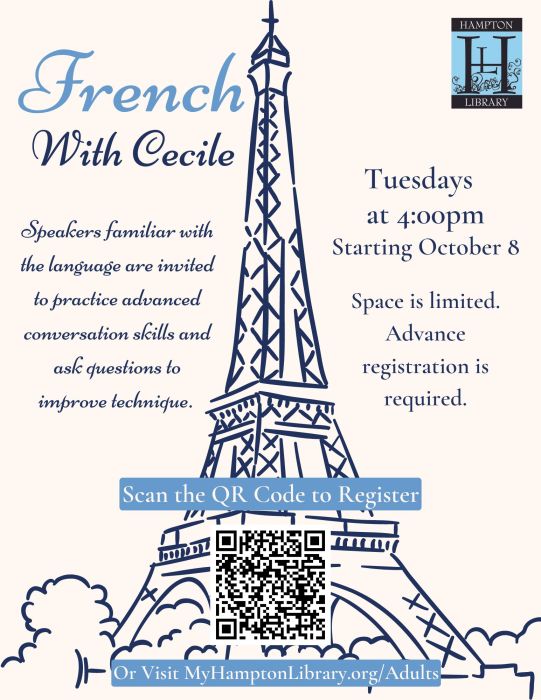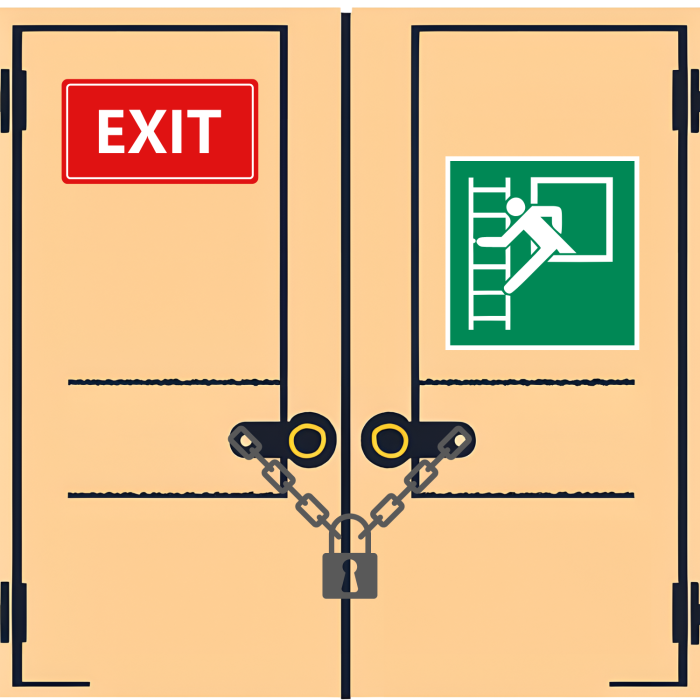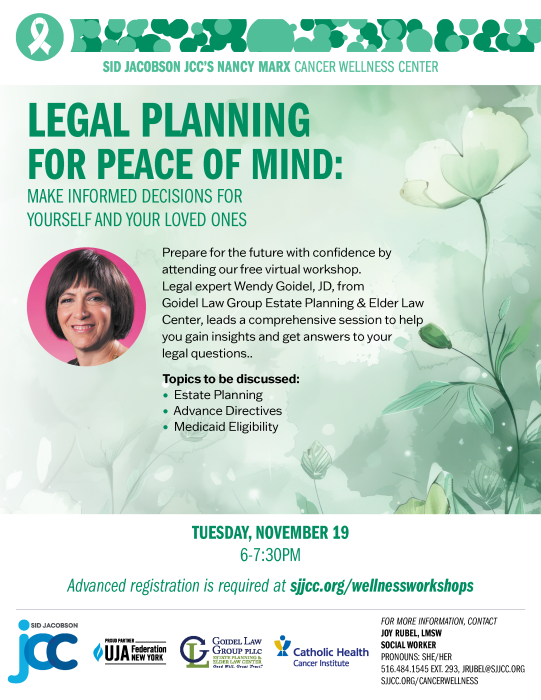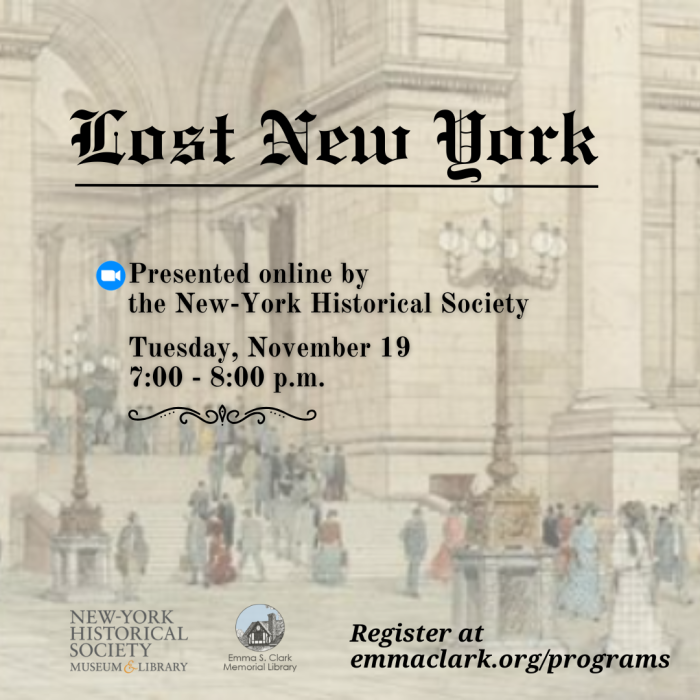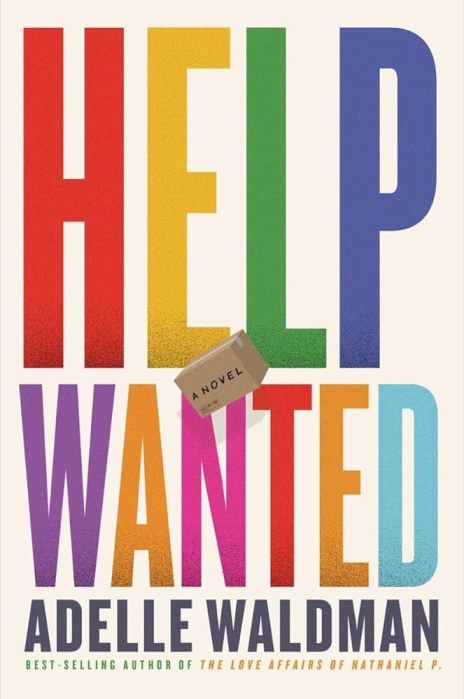Stellar writing may have been the engine that drove the Twilight Zone franchise, but the music commissioned for the anthology television series was just as crucial in setting the mood and tone of the 156 episodes that ran during the show’s original five-year run. Top-notch composers were tapped to help provide the proper elements of eerie vibes and dramatic overtones.
The following are some of the show’s main compositional stalwarts.
 Bernard Herrmann (June 29, 1911 to Dec. 24, 1975)
Bernard Herrmann (June 29, 1911 to Dec. 24, 1975)
This New York City native went to Juilliard and got his start as a staff conductor for the Columbia Broadcasting System (CBS) in 1934. Primarily known for his work in film, where he garnered five Academy Award nominations (winning only one for 1941’s The Devil and Daniel Webster), Herrmann was best known for working with Orson Welles and Alfred Hitchcock. During that time, the son of middle class Russian immigrants composed the scores for Citizen Kane, The Day the Earth Stood Still, Jane Eyre, Psycho, North by Northwest and Vertigo. Herrmann not only wrote The Twilight Zone’s theme for season one, but wound up creating the music for 69 episodes including “The Monsters Are Due On Maple Street,” “A World Of His Own,” “Kick the Can” and “The Rip Van Winkle Caper.” Other television programs where his work can be heard are Lost in Space, Have Gun—Will Travel, Rawhide and Gunsmoke.

Jerry Goldsmith (Feb. 10, 1929 to July 21, 2004)
Born in Los Angeles, Goldsmith left behind an enormous legacy that included nominations for six Grammys, nine Golden Globes and 18 Academy Awards (he won once in 1976 for The Omen). Having started playing piano at the age of six but only getting serious at the age of 11, the son of a school teacher and a structural engineer studied theory under Italian composer Mario Castelnuovo-Tedesco, who also tutored a number of future legendary composers including Henry Mancini, Nelson Riddle, Herman Stein, André Previn, Marty Paich and John Williams. Goldsmith got his start at CBS, first as a typist and later, writing scores for a number of radio shows. His work composing for live television shows such as Climax! and Playhouse 90 led to opportunities to do the same for episodic programs such as Dr. Kildare and The Man from U.N.C.L.E. This paved the way for Goldsmith to compose music for 54 Twilight Zone episodes including “Nick of Time,” “The Masks” and “Nightmare at 20,000 Feet.” He later composed the score for 1983’s Twilight Zone: The Movie.
 Leonard Rosenman (Sept. 7, 1924 to March 4, 2008)
Leonard Rosenman (Sept. 7, 1924 to March 4, 2008)
Rosenman served in the United States Army Air Force in the Pacific during World War II before earning a bachelor’s degree in music from the University of California, Berkeley. The Brooklyn native studied composition with Arnold Schoenberg, Roger Sessions and Luigi Dallapiccola. A friendship with James Dean led to Rosenman scoring East of Eden and Rebel Without a Cause. Going forward, he worked on a number of projects for television (The Virginian, Marcus Welby, M.D.) and film (Battle For the Planet of the Apes; Star Trek IV: The Voyage Home), eventually winning a pair of Oscars (Barry Lyndon; Bound For Glory) and Emmy Awards (Sybil; Friendly Fire). Rosenman wrote the music for a solitary Twilight Episode, 1959’s “And When the Sky Was Opened.”

Nathan Scott (May 11, 1915 to Feb. 27, 2010)
Not unlike his peers, Scott was a prolific composer, writing, conducting, arranging and orchestrating for more than 850 credits in television along with music for upwards of 100 films. After graduating from University of California, Berkeley, the Salinas native started working in radio for NBC. A staff composer job for Republic Pictures wound up being a springboard for him composing episodes for a number of television series including Lassie, My Three Sons, Gunsmoke and Rawhide. Among the films he worked on were The Color Purple, The Avengers, Wake of the Red Witch and High Anxiety. Scott wound up composing music for a pair of Twilight Zone episodes, “Young Man’s Fancy” and “A Stop at Willoughby.”

Fred Steiner (Feb. 24, 1923 to June 23, 2011)
The son of Hungarian-born film composer George Steiner, this New York City native was a child prodigy who wound up attending Oberlin Conservatory of Music. While his first professional gigs found him creating and arranging for radio broadcasts, he soon moved on to film and television work, with the bulk of his efforts focused on the latter. Steiner not only came up with the theme songs to the original Star Trek, Perry Mason and The Adventures of Rocky and Bullwinkle and Friends, but also contributed music to Lost In Space, Mannix and Gunsmoke. He scored 32 Twilight Zone episodes with uncredited stock music including “A Penny For Your Thoughts,” “Five Characters In Search of an Exit” and “No Time Like the Past.”

Nathan Van Cleave (May 8, 1910 to July 3, 1970)
A veteran big band sideman, Van Cleave briefly led his own group in New York City in the early 1930s before moving to radio and working as a staff arranger for Paul Whiteman, Andre Kostelanetz and Fred Waring. A move to Los Angeles found him scoring films like Funny Face, Easter Parade and White Christmas. His television work included episodes of Gunsmoke, Perry Mason and 31 installments of The Twilight Zone that included “I Sing the Body Electric,” “A Kind of Stopwatch” and “The Incredible World of Horace Ford.”
 Franz Waxman (December 24, 1906 to February 24, 1967)
Franz Waxman (December 24, 1906 to February 24, 1967)
While Waxman fled to Hollywood from Nazi persecution, it was in Europe where he got his start as a film composer who made his uncredited debut as an orchestrator for 1930’s Blue Angel. He eventually left a huge footprint on Hollywood, earning a dozen Academy Award nominations and winning a pair of Oscars for Sunset Boulevard and A Place In the Sun. Waxman dabbled in television towards the end of his life, composing for the entire five-year run of Peyton Place and working on three Twilight Zone episodes, “The Self-Improvement of Salvadore Ross,” “He’s Alive” and “The Sixteen-Millimeter Shrine.”

Marius Constant (February 7, 1925 to May 15, 2004)
While the Romanian-born French composer did scant work for television and film, he made his largest mark by way of writing the well-known Twilight Zone theme introduced in the second season. Having been commissioned to write incidental music by CBS, two of his pieces were spliced together in season two, replacing Bernard Herrmann’s original theme. With CBS owning the rights to these pieces, Constant received neither credit nor royalties for a piece of music that wound up being used in countless other shows and films including Sixteen Candles, Moonlighting, The Wonder Years and The Simpsons.



